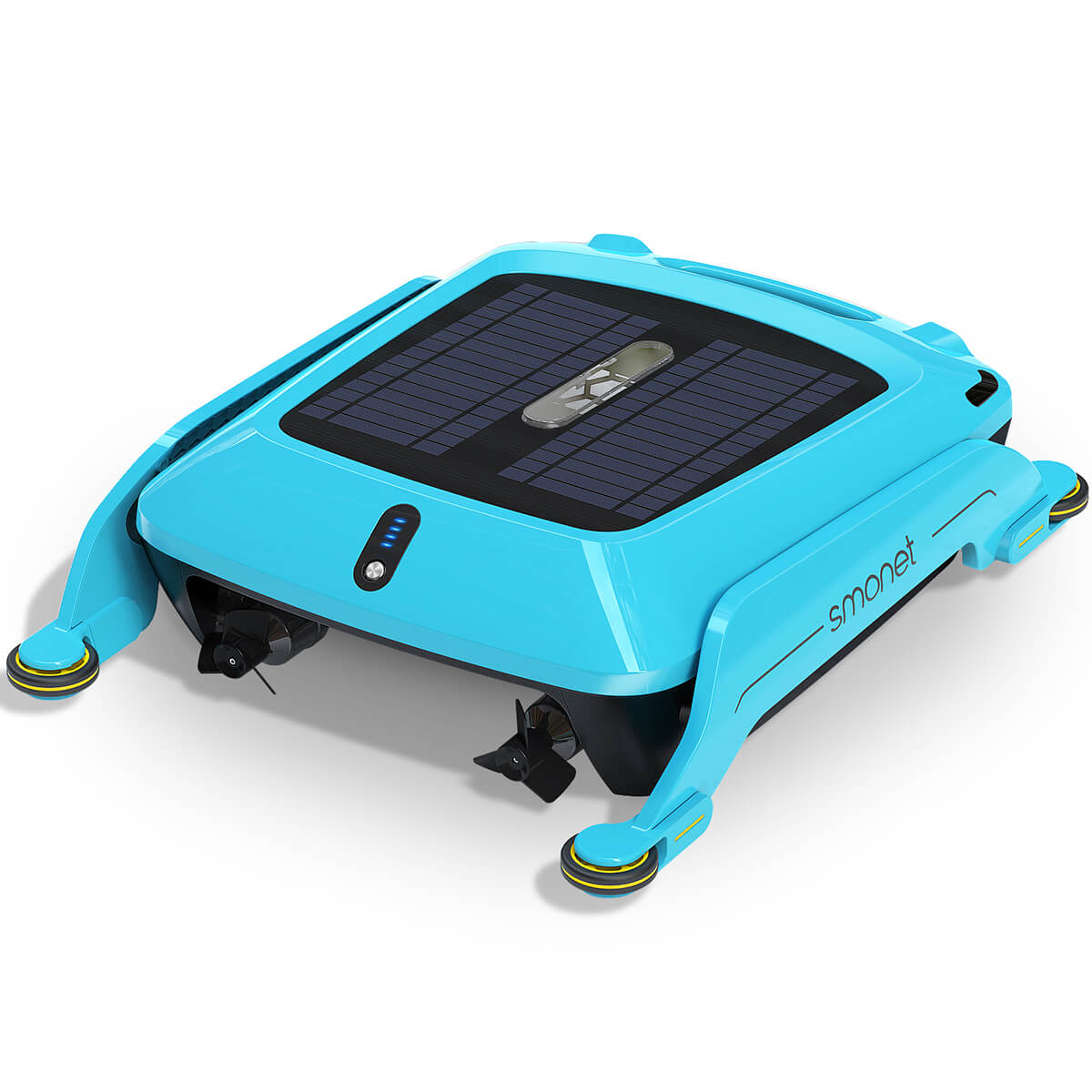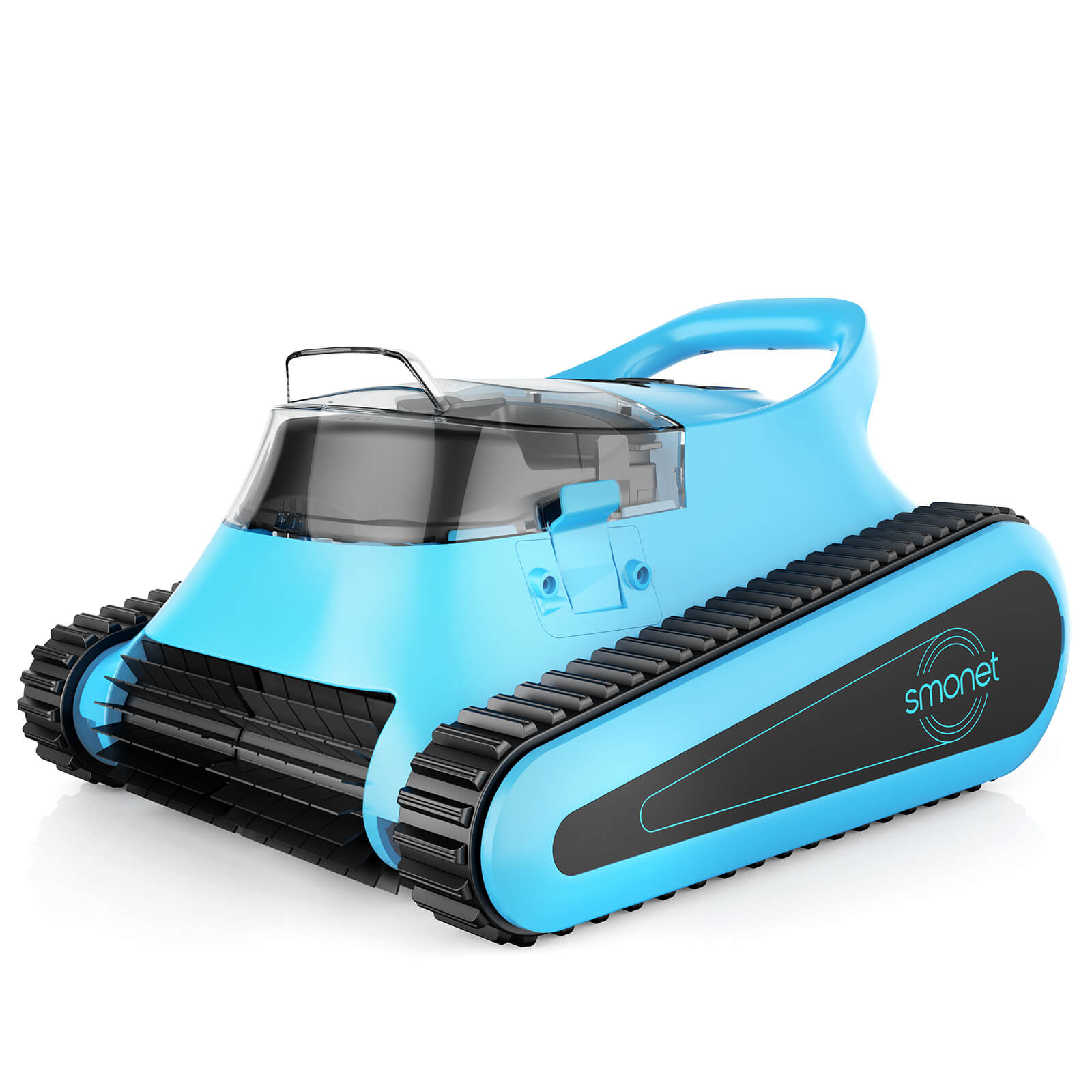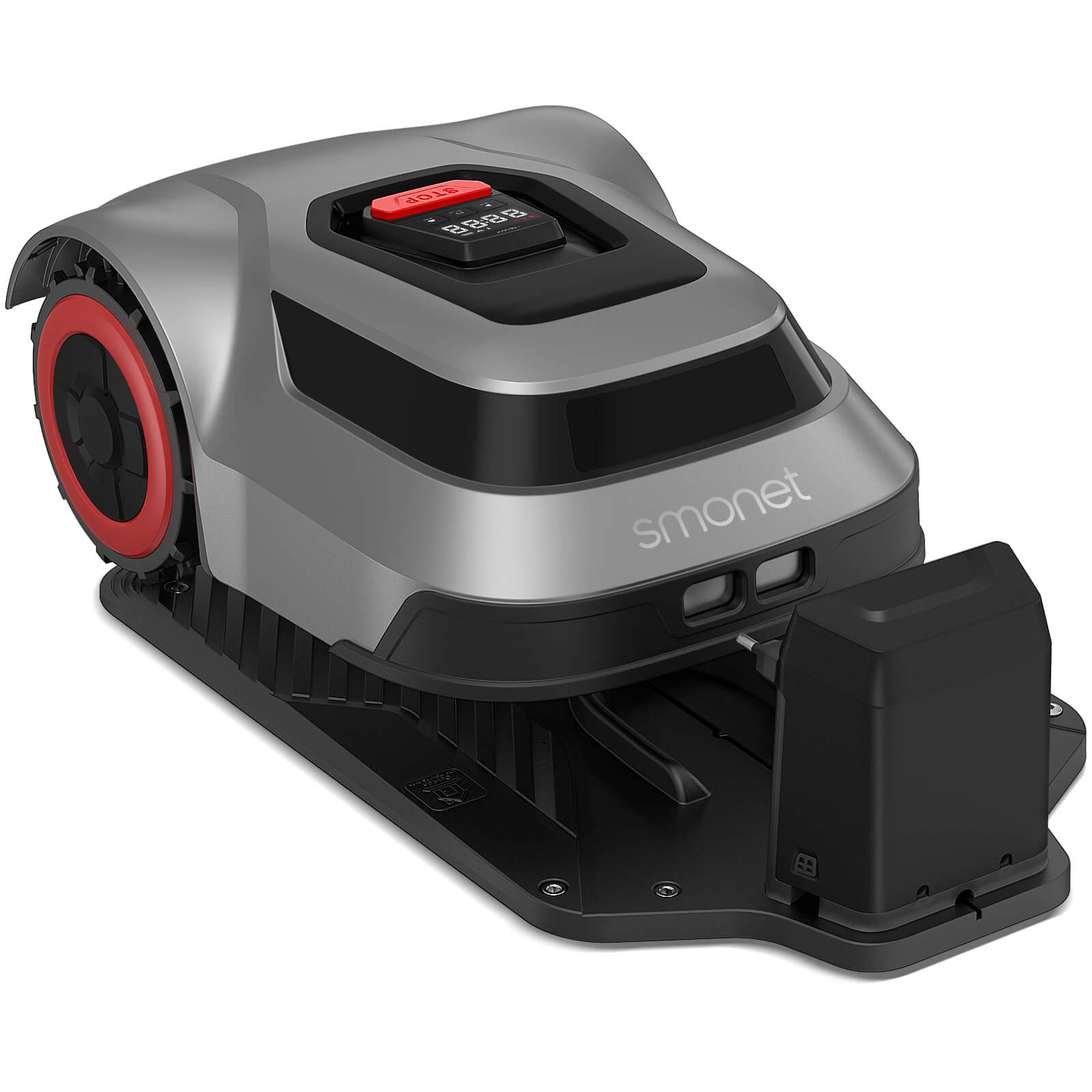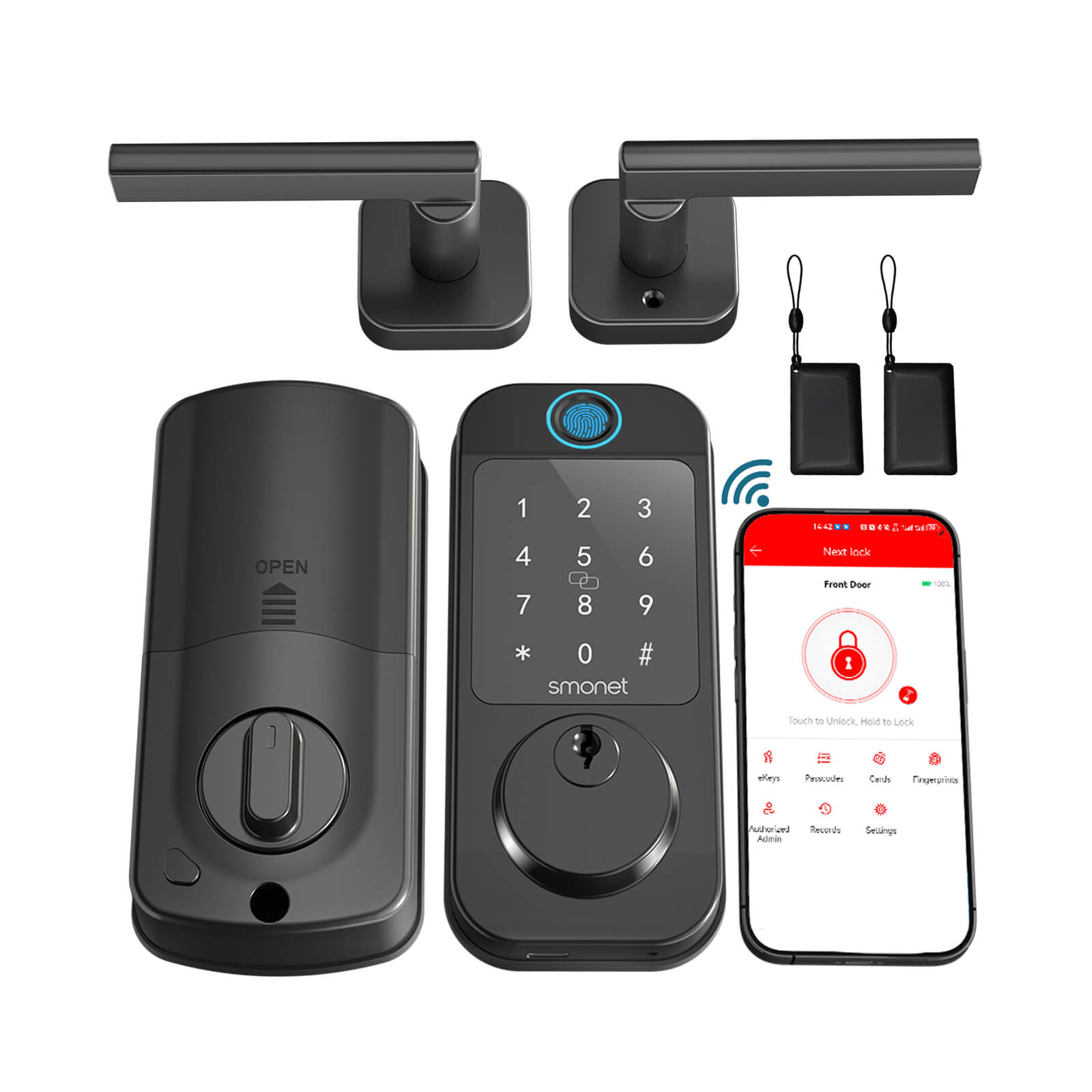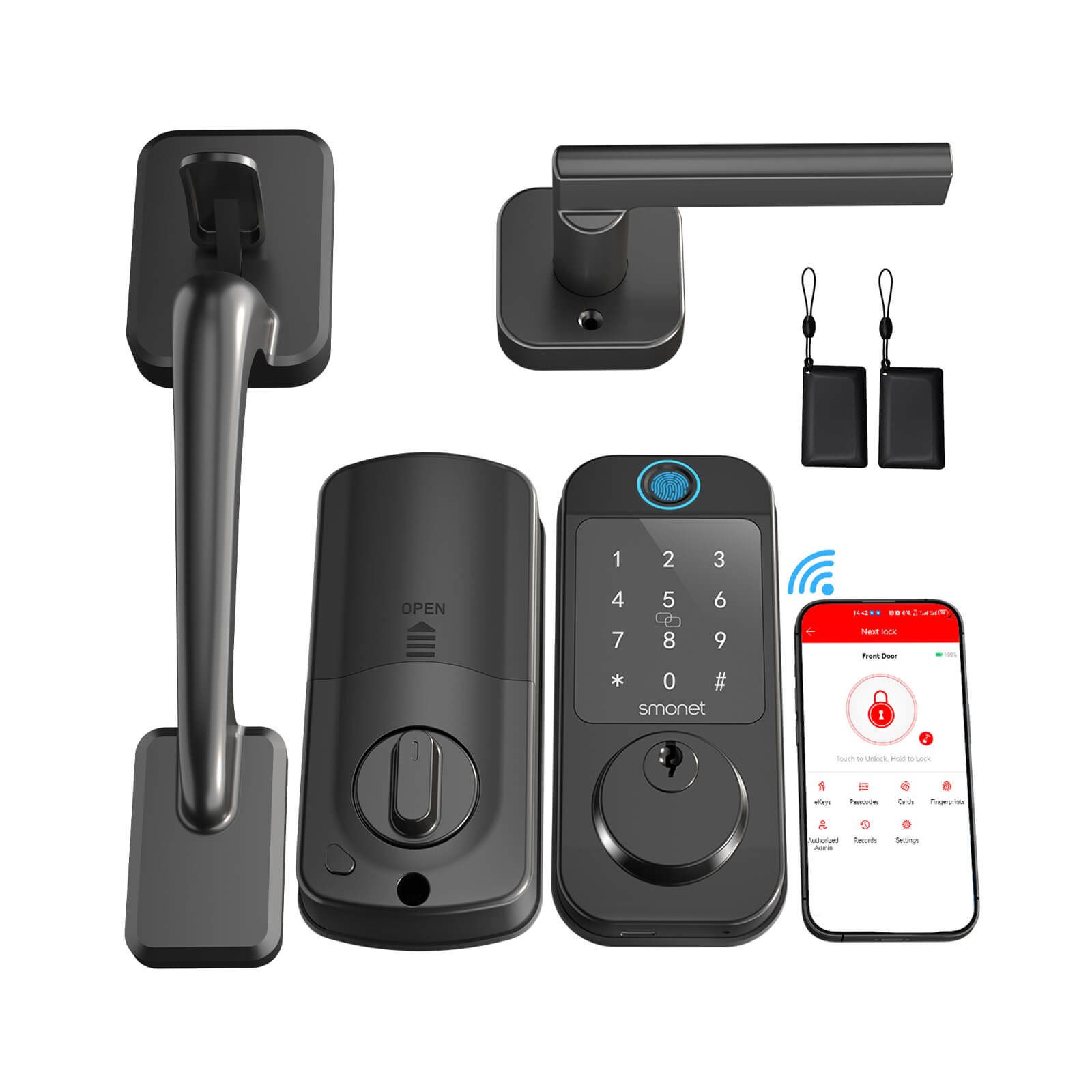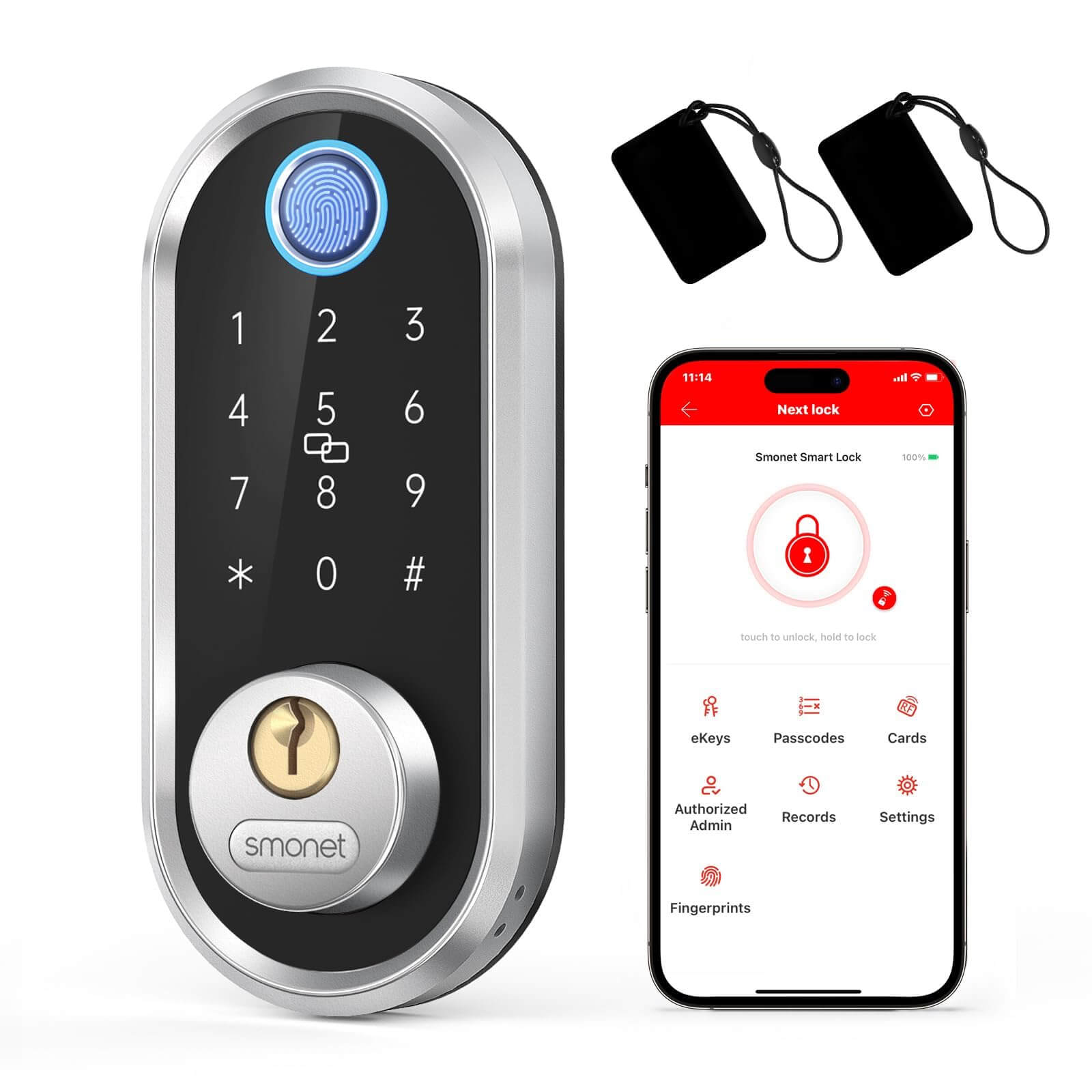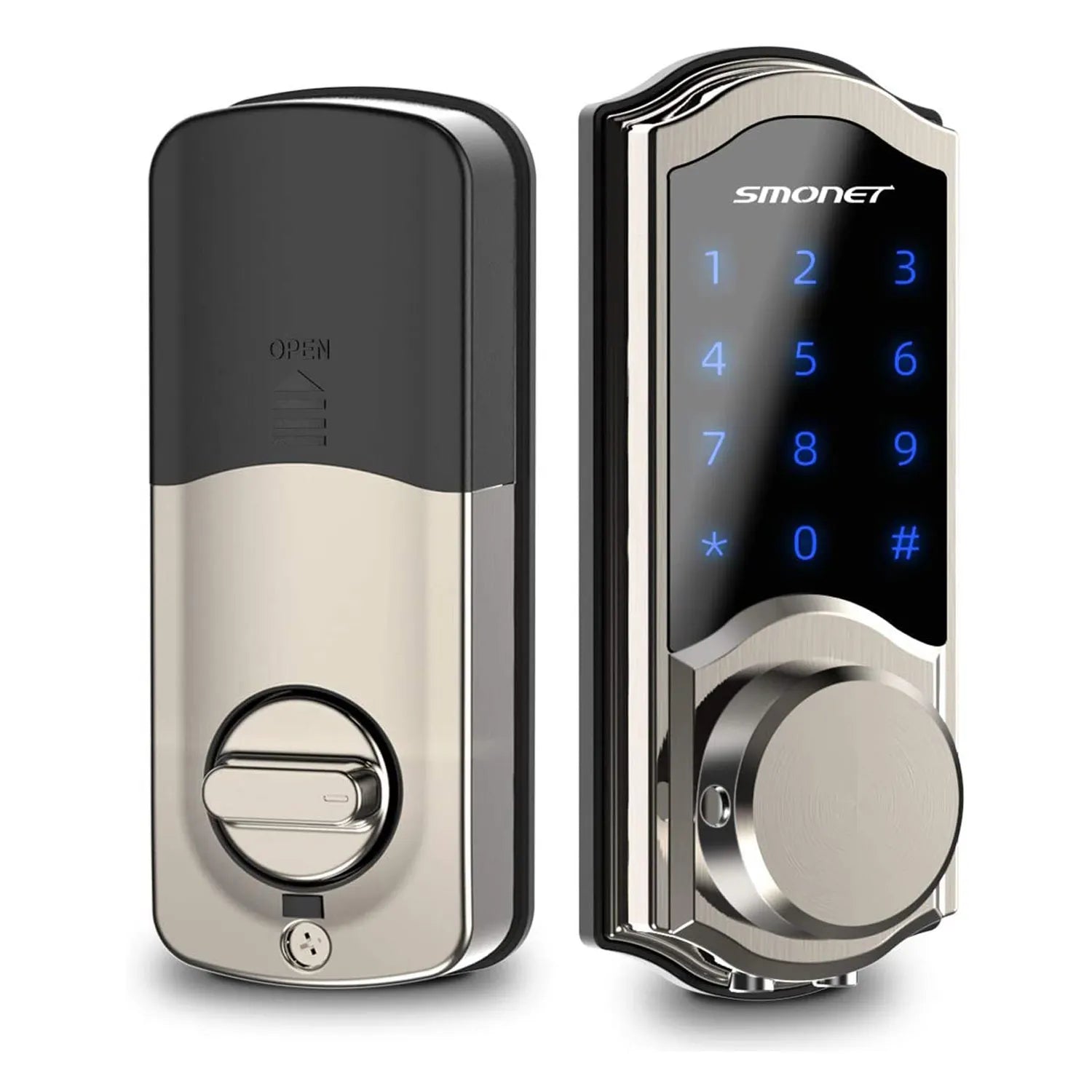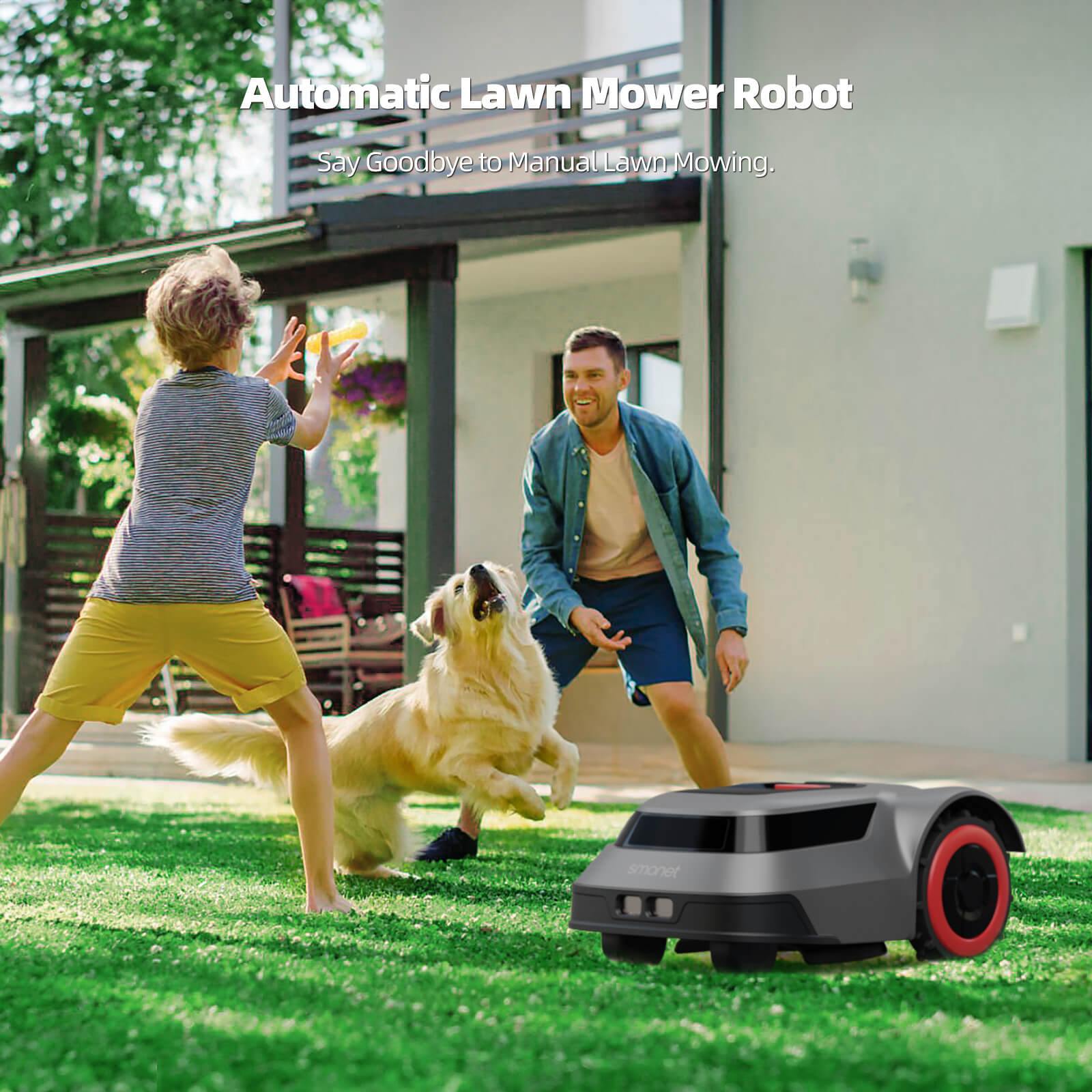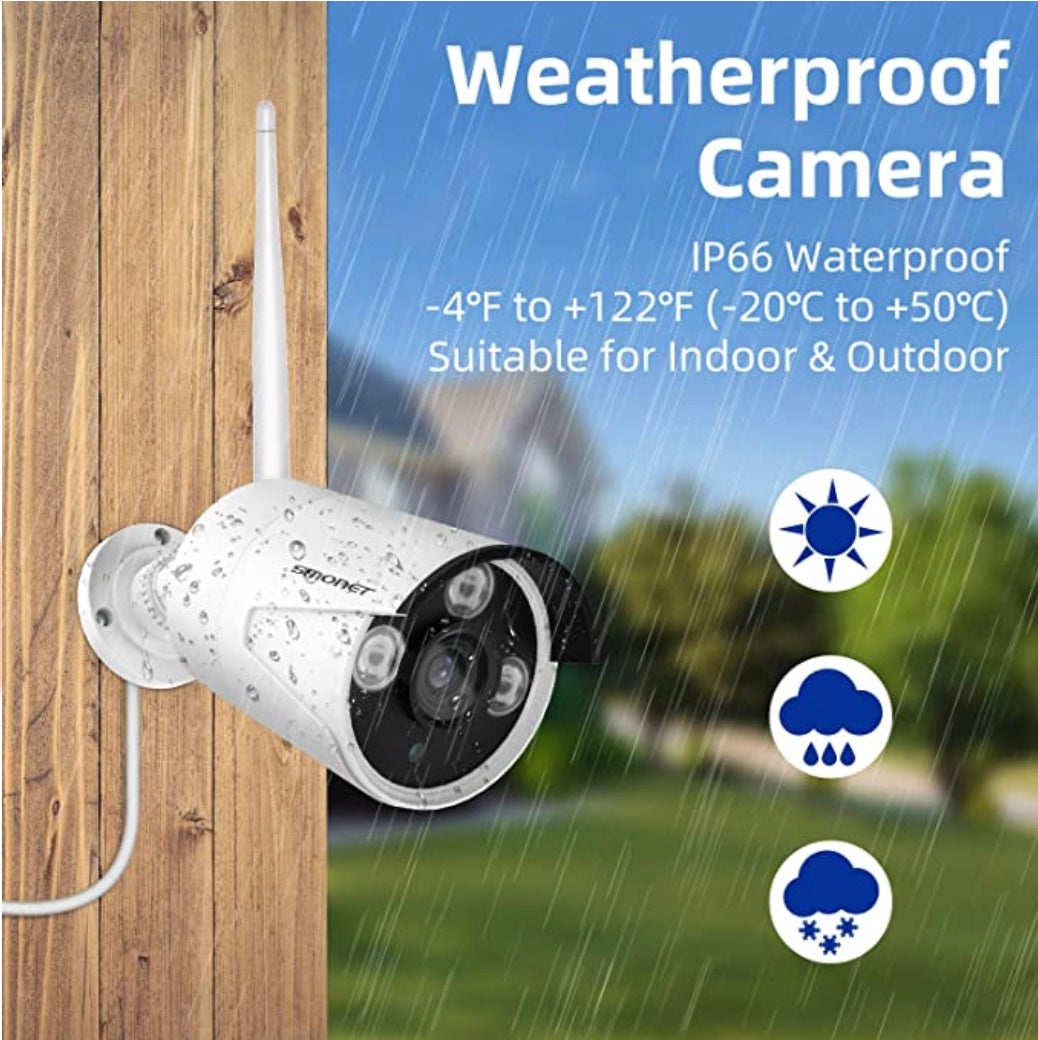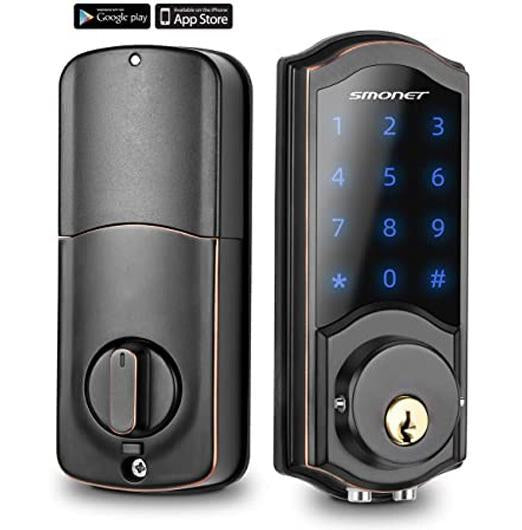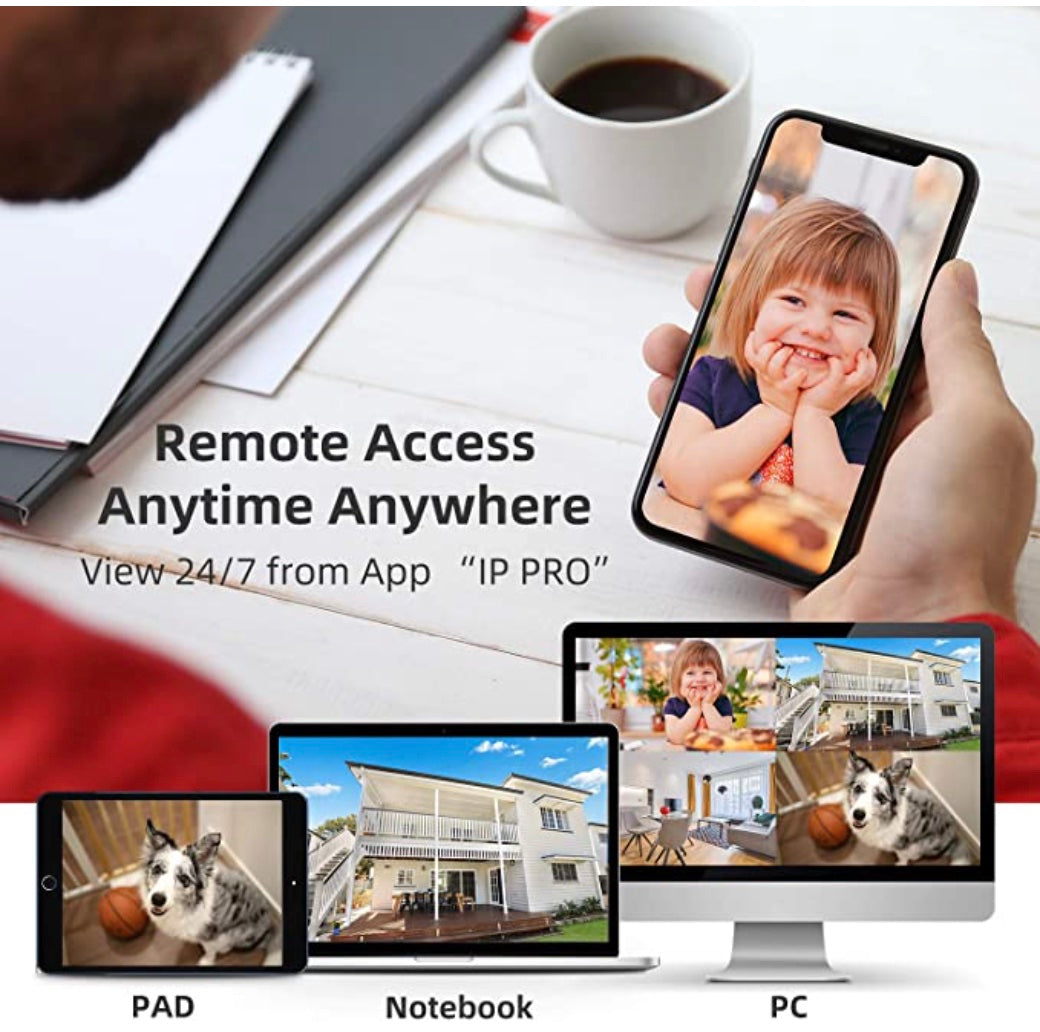Whether you rent or own, security cameras help protect your property from intruders, giving you the right state of mind when you can't be at home. Luckily for us, consumer-level smart-home tech is putting outdoor and indoor home surveillance into our own hands.
These webcams usually need minimal installation, but they also have a range of security features and flexible setups. However, as this category grows with even more products, it's easy to see picking a new security camera as more daunting than it actually is.
Whether you're looking for an easy way to check on your kids or monitor your home for intruders, this post will help you find the right product for your needs. Keep reading to discover how to choose the best security camera system for your needs.
Without further ado, let's jump straight to the core of this matter.
Select the Right Type of Security Camera
There are many security cameras to choose from, from stand-alone cameras to more complex home security systems. Here are five types of security cameras that you can find online:
Indoor Security Cameras
An indoor security camera monitors what's happening inside your home. It can be useful to check in your kids, control how your pet is doing without you, or scare an intruder.
Outdoor Security Cameras
An outdoor camera is a highly weatherproof camera that can stand up to bad weather conditions and even drastic temperature changes. Outdoor security cameras are equipped for night vision, especially if they are equipped with a built-in motion-activated light.
Doorbell Cameras
A doorbell camera is an outdoor camera that can be used for monitoring your front porch with its two-way audio. This way, you can talk to guests and make sure none of your packages gets unnoticed.
Wireless Security Cameras
The "Wireless" in this type of camera can mean that they are using a Wi-Fi connection or running off a battery. The best option is cameras that are 100% wire-free, with both a Wireless power source as well as Wi-Fi.
Monitored Security Cameras
Security cameras can either be used as stand-alone units or be part of a more complex monitored security system.
If you plan to have a series of monitored security cameras, we recommend asking for security professionals' help. This way, you won't have to worry about the installation process, and you can still make sure to have an extra set of eyes on your property 24/7.
The Factors That Make for the Best Security Camera
We have listed here below a few important features that you should consider when looking for a new home security camera:
1. Night Vision
The first and most essential factor to consider is the night vision range of a security camera. There's no point buying one if the footage is too dark to spot any details, especially in no-light situations or after the sunsets.
2. Pan and Tilt
The motors in a pan-and-tilt camera allow you to reposition the camera's lens wherever you are. This feature is helpful because you can record a larger area than with a static camera. Not to mention that the pan and tilt feature reduces the number of cameras you need to monitor a specific area.
3. Motion Detection
Some pan-and-tilt cameras employ smart motion detection technology to automatically follow any actions in a room, whether it's about your pet or kids.
4. Video Resolution
The resolution of your security camera has a direct impact on the quality of its footage. In particular, a clear image is crucial to provide enough details to identify vehicles, faces, and other items in a recording.
We recommend choosing a camera with a minimum of 720p resolution. If possible, shoot for a model with a resolution of 1080p or higher.
5. Two-way Audio
Cameras with two-way communication technology employ a microphone and a speaker to interact with people or pets on the other end.
Security cameras with two-way talk technology can be handy to communicate with a delivery driver or check your kids after school.
6. Field of View
With the term "field of view," we refer to how much a camera can see through its lens. This spec affects the number of cameras you need and where you should place them.
Generally speaking, we recommend going for a camera with a field of view of at least 110º. A rule of thumb is that the wider the field of view, the better.
7. Movement Tracking
Most security cameras have motion alerts that keep your deliveries safe while also preventing break-ins. You will receive a notification when your security camera spots a movement.
Opting for a motion sensor camera with many settings is always a good idea, as you can then get the most from its motion detection feature.
Security Cameras FAQ:
Should I Really Buy a Home Security Camera?
Security cameras are one of the best investments you can make this year. They allow you to watch over your home in at least a couple of ways.
The first one is all about collecting information about burglars and what items they take from your home. This way, it will become easier for you to report the situation to the police and insurance company.
The second reason why it's worth investing in a security camera is that it makes burglars think twice before attempting to enter your home.
What is one of the don'ts when it comes to security cameras?
A prevalent mistake for beginners is to use an indoor camera that is facing a window. You won't end up capturing that many images after sunset because the night vision lights will reflect off the glass and blind your camera.
Can I connect security cameras to other smart home devices?
Sure! Many security camera systems often integrate with smart home devices and smart home hubs, like Amazon Echo and Google Home.
Besides being convenient, this can also give you a huge advantage in terms of home security. You can then control lights, door locks, and security cameras - All remotely, wherever you are.
Do I need Wi-Fi- for a Security Camera?
You will likely need Wi-Fi for your security camera, especially to perform these tasks: two-way audio, storing video footage in the Cloud, mobile device alerts and controls, live video streaming, communication with other smart home devices.
Most security cameras use Wi-Fi to connect to your home network. Some models, however, use cables that can be connected to your internet router or a DVR for security cameras.
We recommend you go for Wi-Fi security cameras, as they're typically the easiest kind to install and operate. Make sure you check your internet data usage cap if you have one for your home network.
How Much Would it Cost to Buy a Security Camera?
If a security camera costs more than the valuables you're trying to protect, it won't serve much of a good purpose. Luckily, nowadays, practically, everyone can afford high-quality security cameras.
Take, for example, our weatherproof security camera systems with 1TB hard drive, remote monitoring, and a real-time motion detector. You can expand your system to include up to eight security cameras. This way, monitoring your property at any time of the day or night will be a piece of cake for you, regardless of if you went to work or on holiday.
Sum it Up
Hopefully, this post cleared up some of the questions you had about the process of picking the best security camera for your needs. If you're ready to buy one, check out our security camera systems with 25% off. It's always the right time to invest in your home security with Smonet!
Shop for your next security camera now on Smonet!

